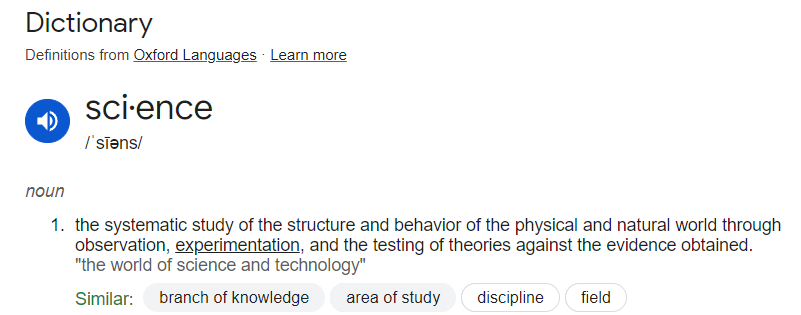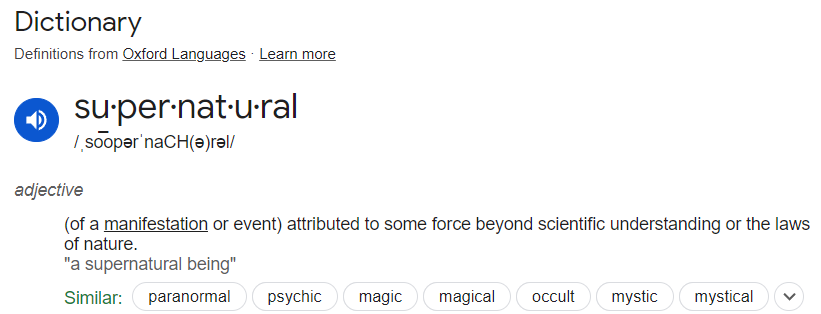If there was any sure way if getting to see a real miracle, it would be advertised as such by reputable secular sources, and made a business. Schools would teach spells like in Harry Potter, supermarkets would sell magic ingredients, governments would produce laws on which magic is allowed and tax it's application.
The Catholic Church as an example has existed for almost 2000 years, teaching superstitions and investing any and all reports of such. They could monetize of selling tickets to do/see miracles (and use the profits to do good of course, or spend most of it the way they usually do on "administration"). Since they don't, you can be sure that there is not enough to be investigated. If prayers worked for healing, there would be hospitals without doctors, where prayers were applied to injuries. If speaking to the dead or resurrection worked, police would use it to ask victims of murder about their murderer. If levitation worked, they'd teach in in highschool classes, along with broom riding.
The closest you can get to believing in supernatural is homeopathy magic as opposed to the placebo effect. This superstition somehow seems to be difficult to get rid off, as a society, despite education.
If cities built on clouds existed, they could be scientifically researched. If monsters under the bed existed, they'd be made into a zoo. If the Easter bunny existed, it would be caught and bred. Of course if any of those fairy tales and superstitions were real, they could be researched.
But that is not a matter for philosophy, nor science, nor skepticism. It's for mysticism, which is just a euphemism for superstition. Just as there are young earth creationists digging up the grand canyon to find human footprints crossing dinosaur footprints, and there are expeditions to turkey to find remains of Noah's ark, all reports of cultist experiences could be researched. It's just turned out to be a waste of time, too many times. Way too many times.
While at the same time, all of the arts, the natural sciences, the humanities, still offer vast areas of the unknown to be explored without anything supernatural. Nobel prizes waiting to be granted. Our knowledge of nature (or some gods great design if you prefer) waiting to be expanded.
So why keep asking to see a real magician pulling a rabbit out of a really empty hat, just because some.guy on YouTube claims they have experienced this?
This kind of question seems to link the meaning of life to the existence of the supernatural, like "My life only has meaning if there really are magicians pulling rabbits out of hats. If not, my life has been a delusion." This is not a philosophical question, but something for ex-cultist trying to reconcile with mainstream ask.
The important question to ask would be, could 100s, 1000s, millions of people be deluded an believing in a false supernatural theory? And the answer must obviously be YES, since not all of Judaism, Christianity, Islam, Buddhism, Shintoism, Taoism... Can be right, it proves large masses of people must be able to follow some false prophets. Regardless of whether any of them is right, the other ones are wrong, showing how easily millions of people can be misled.
Another more relevant question to ask would be: "If there had been zero supernatural events on earth in the last 10000 years, would there still be religions, cults, superstitions, and guys telling on YouTube that they have seen real ghosts?" And the answer is: yes, you betcha. Just like the previous question, the presence of so many different large religions believing in different superstitions and making up reports of their particular brand of miracles shows that humans will produce unreliable reports for various reasons.


